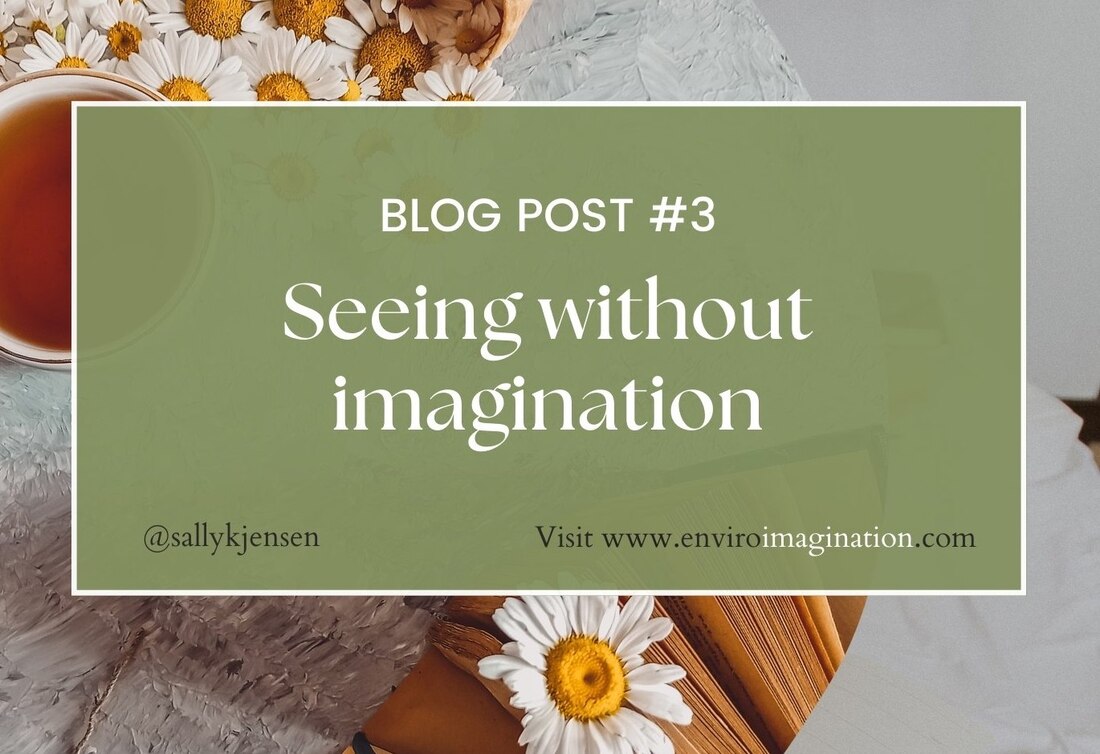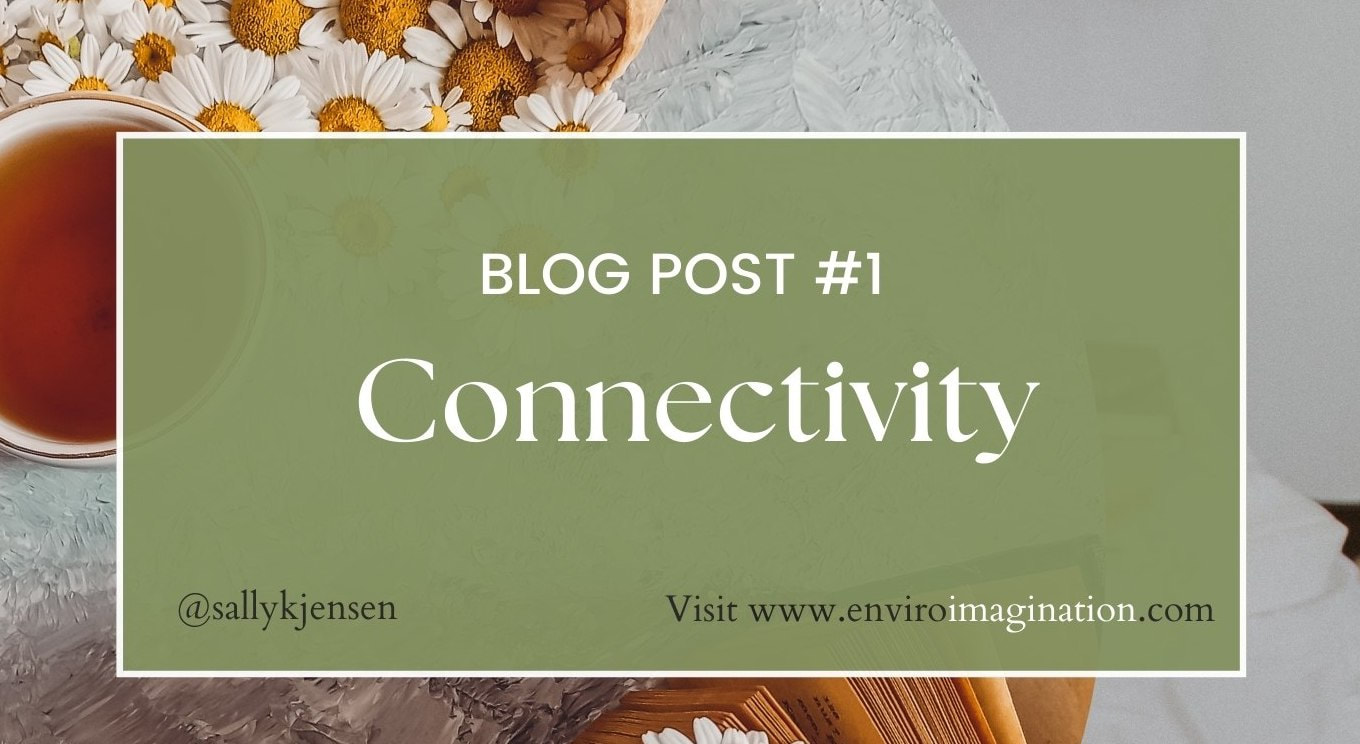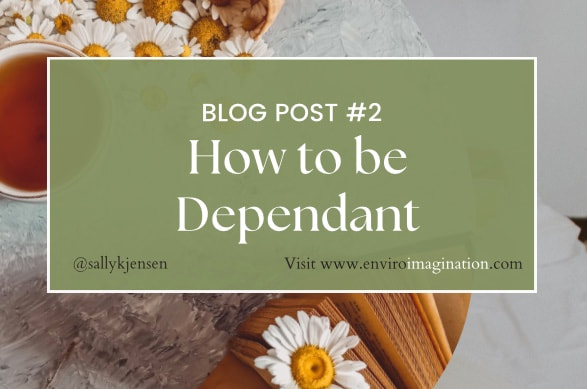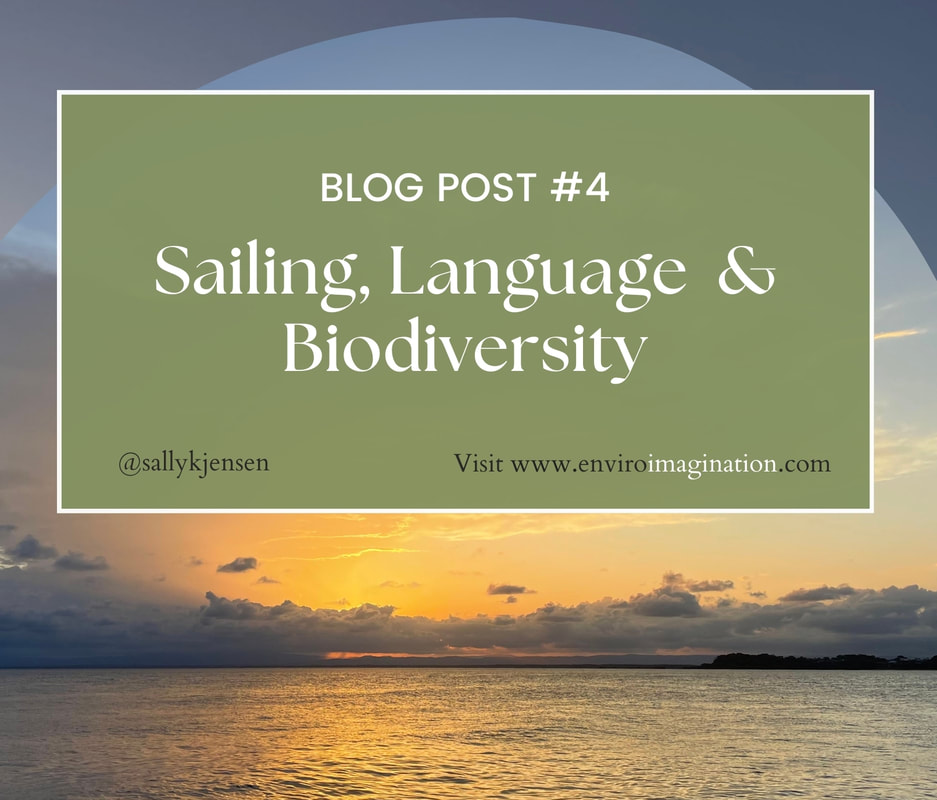|
"Our blindness to the loss of the living world is deadly", George Monbiot Last week, I wrote about the loss of nature, how it can be seen as external or , more subtly, played out through the removal of nature from our sense of self, civilisation and community. Many have come to live as though we are not reliant on nature. While we cannot survive without breath, water, food, space and time, or love from each other, we don't live like we are utterly dependant, we live like we survive by our own initiative.
The question that interests me is this: Is this because our reliance has been disguised and disconnected or because we have lost our capacity to imagine the full story and the bigger picture that connects our daily lives with the whole thing? We have all come to expect the prompt delivery of nature’s supply upon purchase of food, water, real estate, our beloved pets, and fuel, but the true nature of these substances are quite removed from our experience of its consumption. Concrete, windows, phones, electricity and sewage all come from earth, but we we don't think like this anymore. We don't see this anymore. Perhaps it is not our fault. These connections have become hard for us to see. We consume the fruit of trees, but they are picked from supermarket shelves. We devour the roasted husks of plant’s nuts and seeds without getting our hands dirty. We consume two dollar milk made by generations of families of both animals and people without seeing the grass or bodies that made it. We walk on floorboards that were forests but their transition from tree to floor is an unseen story. We write and draw on paper refined from trees that were forests, and again this connective origin is numb to us. We switch on lights made by electricity produced by burning age-old fossilised trees that fell and were buried millions of years ago. While the energy of these ancient lives power domestic and industrial lighting, heating and cooling, technology and the internet, this source is concealed by a flick of a switch. How should we hold our incomplete, troubled vision? As something that obscures our essential dependency and connectedness? We heat our homes and cook our food with gas gleaned from scraping the gunk of millions-of-years old invertebrates from beneath the ocean’s floor. We happily eat sugar and honey by the spoonful, but the labour of bees, and their hard work, and the acres of plants and the months of harvest and refinement are all concealed by plastic packaging. Even the spoon is made of earth. Every single bee’s ambition to pollinate is fundamental to our survival, but we rarely recognise how flowers and bees are related to us personally. Similarly, scientists believe that phytoplankton contribute between 50 to 85 percent of the oxygen in Earth's atmosphere. We should be throwing them a party of thanks. But surprisingly, and in contrast to this interdependent connectivity, and in the face of natural disasters, humanity continues to purposefully devastate homelands, decimate ecological communities, destroy biodiversity, waste en masse, and remove the integrity of ecological systems. Still, plastic production is thriving. Co2 emissions are accelerating. Living landscapes are mowed, burnt, bulldozed, and demolished continuously and on purpose. What is missing here? We necessarily breathe the same air that is produced by phytoplankton, plants and trees. We daily sip the fluid pieces of the global water cycle that have dropped into our glasses from the clouds. Just like the planet, our bodies are between sixty and seventy percent water. Just like inside the earth’s mantle, the metals zinc, copper, iron and gold exist within our bodies and minds. Such naturally occurring life-parts are shared by humans, animals, soil, skies and plants. I think the loss of nature from our planet reflects its elimination from our consciousness. We have lost the vision that imagines our connectivity - that imagines our world as communities of diverse living beings that are irreplaceable and essential to all of life. We are forgetting the vital connection between habitats and our own happiness. The loss of nature is a tragic symptom of humanity’s misunderstanding and depreciation of wholeness and diversity. It is a reflection of a great and tragic loss of human capacity to imagine the big picture, the accumulative effect and the nature of inter-connectivity. This means, the problems are not exclusively environmental, it is not all ‘out there’ in external nature. The problems and the solutions can also be seen to be located in us. Despite the rhetoric of fighting the climate and the winning the war on waste, the project of sustainability can be seen as not only a battle with the world outside of us, but a project of humanity’s transformation. (Humanity means every single one of us). To me this is about human awareness of connectivity; our way of seeing ourselves and our world. While climate change requires high tech solutions and new infrastructure, it is also important to see our global environmental crisis as the world’s call to ourselves. Yes, we need worm farms and veggie gardens and less plastic and coal mines, desperately, and we also need to look at our own vision to see how our own mindsets have crafted the world. This re-orientation is as urgent as electrifying everything, getting off gas and hosting a circular, new, clean and green economy. Not only do we need to become ultimately responsible, but we also need to become aware of how we see and imagine beyond the surface appearance of things. Perhaps we need to begin re-seeing the world’s crises as artworks of human creation. The frustrating urge to write a blog implores me. It grabs me and plonks me at my desk, even on sunny days. In a similar way, somehow, the sky implores me to regard clouds of pollution, species extinction and multi-species injustice as emergencies that threaten everyone’s personal breath, food, family, and future with mature and awake responsibility. We cannot continue to see these threats as external. Their source is within us and so are the remedies. Can we consider sustainability as not solely about ‘the environment’ out there, but about us? It is not the dolphins and polar bears that need to change, it is us. The trees don’t need to get better at breathing in carbon dioxide any more than the oceans must work towards being a more efficient carbon sink. These problems are not ‘environmental’ but caused by humans and so require humanity to change. Today I consider sustainability an inside job. The call of sustainability is of the magnitude of the human soul. Let me badly suggest, if you are alive at this time, considering history and futures, then sustainability is a part of your purpose just as 'nature' constitutes our being. Thanks for reading.
0 Comments
|
AuthorSally Jensen has a Phd and a passion for sustainability education. Her research found that understanding sustainability requires imagination. After 10 years a strange correlation between the loss of appreciation of imagination and an increase in environmental crisis has led to this blog, The Sustainability map and a life long goal to unwrap imagination, empower people and compile new ways of looking oat ourselves, each other and our relationship with nature. Archives
December 2023
Categories
All
|





 RSS Feed
RSS Feed
